Leo Eaton, producer who led international co-productions for Maryland Public Television, dies at 76
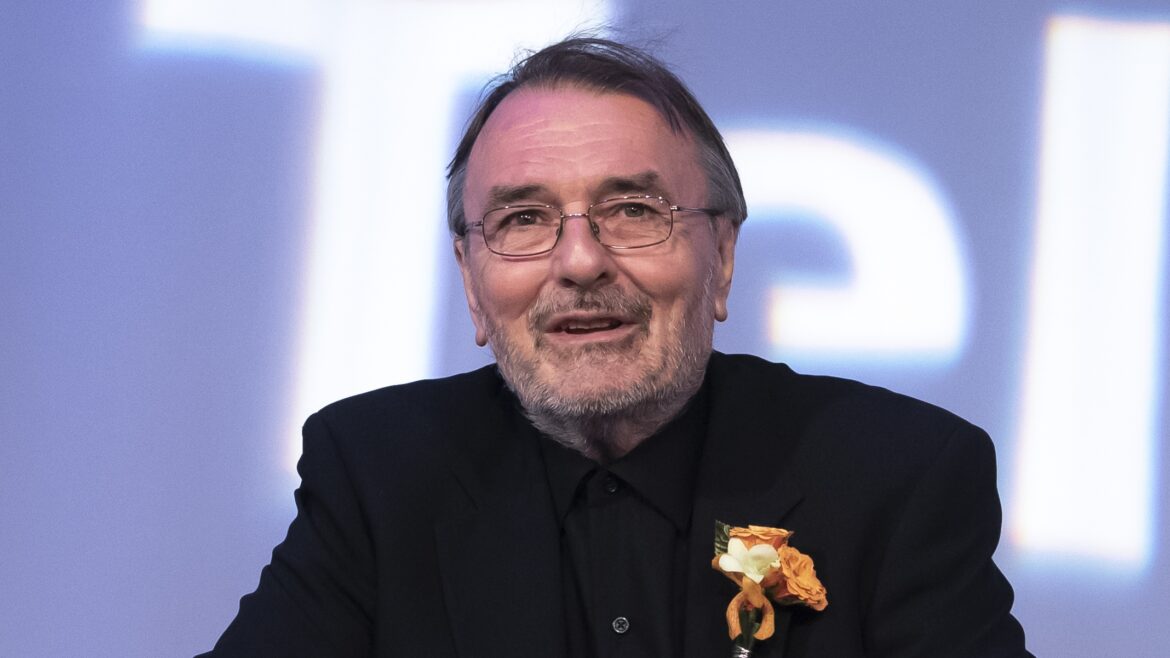
Courtesy of Maryland Public Television
Eaton was inducted into the Maryland Public Television Alumni Honor Wall in 2018.
Leo Eaton, a British expatriate who built Maryland Public Television’s production portfolio with international co-productions for PBS, died March 19 from health complications related to COVID-19. He was 76.
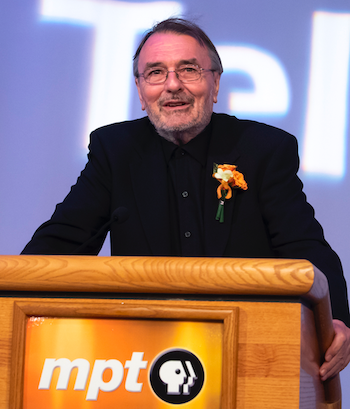
Eaton’s death was confirmed by his wife, Dianna Eaton, and Maryland Public Television.
“In his six years at Maryland Public Television, Leo Eaton showed us all how remarkable international productions can and should be made, and his efforts most certainly put this network on the map among PBS producing stations of that late 1980s and early ‘90s era,” said MPT CEO Larry Unger in a statement. Eaton was MPT’s SVP of national and international production from 1988–94, a heyday for the state network as a producer of PBS programs.
“For more than three decades, he was responsible for producing and directing more than 200 hours of U.S. television for a variety of networks, PBS among them — and that is an extraordinary accomplishment,” Unger said. In addition to PBS, Eaton co-produced documentaries with the Discovery Channel, A&E, National Geographic, the BBC, the CBC and NHK in Japan.
After leaving MPT, Eaton started an independent production company, Eaton Creative. He collaborated with filmmaker Michael Pack on the 2002 historical biography Rediscovering George Washington and its followup, Rediscovering Alexander Hamilton, according to Richard Brookhiser, senior editor of the National Review and author of a 1996 book about Washington. Brookhiser, who hosted both documentaries, wrote a column memorializing Eaton.
“ … We drew on his expertise with the style of historical documentary we wanted to make, which Leo called ‘history in the present’: not dramatizing it, à la Hollywood, or talking about it, even artfully, à la Ken Burns, but showing both what it was and how it persists today,” Brookhiser wrote for the National Review.
Eaton’s most recently completed independent production, released in 2020, was John Marshall, The Man Who Made the Supreme Court. The documentary, which Eaton directed and co-wrote with Brookhiser, is based on Brookhiser’s 2018 book published under the same title.
Eaton’s work as an independent included serving as series producer of America at a Crossroads, a sprawling $20 million CPB-funded documentary anthology series initiated by Pack during his tenure as SVP of television at the corporation. More recently, Eaton produced the 2016 PBS documentary series Story of China, a historical travelogue hosted by Michael Wood, his friend and collaborator on multiple series, including The Story of India, In Search of Shakespeare and In the Footsteps of Alexander the Great. “He was just a very, very good-natured, patient person,” Wood said in an interview. “That was one of the things we all loved about him.”
Donn Rogosin, a former station GM who worked with Eaton early in his public TV career, said his former colleague cared deeply about history and the world at large. Eaton was an EP of Conquistadors, a four-part TV co-production for the BBC and PBS that featured Wood. He produced and directed documentaries and performance specials on international culture and music, including Classic American Cars of Cuba; Fiesta Mexicana, hosted by Mexican-American singer Vikki Carr; and Mariachi: The Spirit of Mexico, featuring opera singer and conductor Plácido Domingo.
“He had enough clout and character and experience … [that] he could go directly to the people who made decisions,” Rogosin said. He described Eaton as one of the most important producers in public television’s history based on how many programs he created for PBS over four decades.
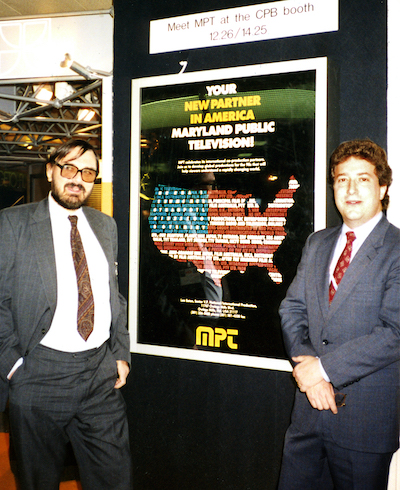
“Leo believed that public media had a responsibility to preserve the documentary film genre, and he did his best to fulfill that vision,” said Norm Silverstein, CEO of WXXI in Rochester, N.Y., who was SVP of administration at MPT from 1987–94 when Eaton was in charge of productions.
Silverstein recalled a pivotal moment for MPT during the 1988 MIPTV conference in Cannes, where Eaton unveiled his plans to build the state network into an international co-production partner for PBS. That exposure opened doors for Eaton to executive-produce After the Warming, a 1990 climate change documentary featuring science historian James Burke. “A little known fact — Senator Al Gore heard about the project and he wanted to narrate the documentary, but we felt it would have politicized it,” Silverstein said.
Eaton was born Oct. 12, 1945, in London to a theater actress mother and a diplomat father, according to his 2016 book The Traveling Years: A Memoir of Puppets, Porno & Penury describing his early life and career. His adventures during the 1960s and 1970s “taught me the value of living life to the full, a lesson I’ve tried to carry into my filmmaking,” he wrote.
Eaton became interested in film in his childhood and acquired a Bolex 8mm camera as a teenager, he wrote. Feeling “imprisoned” at several boarding schools, including Marlborough College, Eaton left school at 18. His grandmother helped him get a job at the Central Office of Information, a now dissolved communications agency that was overseen by the United Kingdom’s government.
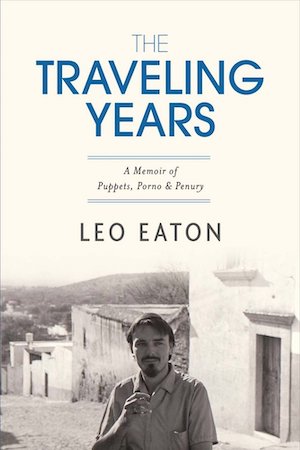
Eaton later became a third assistant director for the spy thriller series The Saint, starring future James Bond actor Roger Moore, according to Eaton’s memoir, which was excerpted on his website. He later directed commercials and took on directing and screenwriting work for Gerry and Sylvia Anderson, the couple who created science-fiction programs featuring supermarionation puppets, including Thunderbirds and Captain Scarlet and the Mysterons. At age 24, Eaton was fired from an assistant director’s job on a live-action production, UFO, he recalled in a 2020 interview with the Gerry Anderson Podcast that was recorded on video and posted on YouTube.
He left England for the Americas, hitching a ride to Mexico on a cargo ship. He became a broke expatriate, worked on a novel and briefly spent time as a “drug mule.” In his memoir, Eaton called himself a “tequila-soaked lotus eater” during this period. His wanderlust-fueled adventures included building boats in Canada and working in Los Angeles, where he wrote pornographic books for Pendulum under a pseudonym.
In the early 1970s, Eaton lied his way into a job teaching film production at the University of Texas in Austin by claiming he’d received a degree from England’s prestigious University of Oxford. The ruse lasted for a year. When university officials pressed for documentation of his credentials, Eaton fled the U.S. with his first wife, Jeri Gill, for London, then a small village in Crete, Greece, and eventually Portugal, where he worked as a writer and plumber.
Eaton’s career in public TV began when he returned to Texas and landed jobs with KLRN in San Antonio and KLRU in Austin. His production credits included Newscast from the Past, a children’s series about history that he later adapted for MPT as Timeline.
“The idea is to make history come alive to children today in a way they can identify with,” Eaton said in a 1986 interview in the New York Times, discussing Newscast from the Past. “We are a television community. We see the wars, the statesmen on the evening news. Why not history?”
He later collaborated with Chris and Martin Kratt to develop their concept for a children’s TV program. He decided to greenlight their proposal after his son, then 4, “wore out” a videotape sample of the brothers’ idea, according to a 2006 article in Carroll Magazine.
“We were fortunate enough to have met Leo as two young wildlife guys pitching a TV show,” the co-creators of PBS’ Zoboomafoo, Wild Kratts and other titles, wrote in a Facebook post mourning Eaton’s death. “Leo was one of the first people to give us a shot. … We will miss him very much and will cherish each and every memory.”
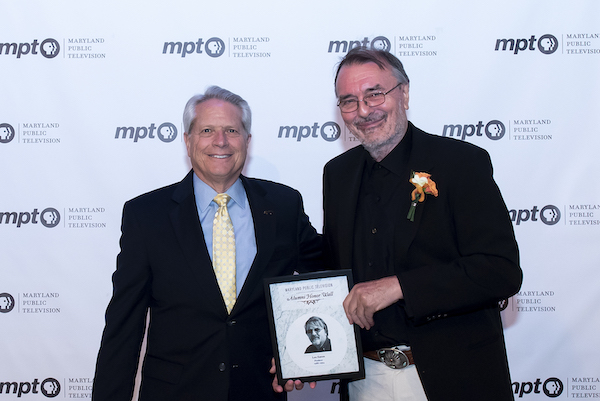
Eaton was honored with two Emmy awards for his work as an independent producer: one in 2008 for Operation Homecoming: Writing the Wartime Experience, a documentary he supervised for America at a Crossroads, and another in 2011 for the National Geographic film Can the Gulf Survive? In 2018, Eaton was inducted into the Maryland Public Television Alumni Honor Wall.
In addition to The Traveling Years, Eaton published the novel he wrote when he lived in Mexico, City of the Whispering Forest, in 2019. In 2002, he published In Search of Ancient Ireland: The Origins of the Irish from Neolithic Times to the Coming of the English, co-written with historian Carmel McCaffrey. Eaton turned the book into a public TV series in 2002.
Eaton’s first wife, Jeri, died in 2016, according to an obituary he wrote. Survivors include Dianna Eaton, his spouse since 2019; Alex Eaton, son from his first marriage; and four step-grandchildren.
Eaton became an avid skier after moving to New Mexico, Dianna Eaton said, and he was a longtime paintball enthusiast. He also loved art museums and music, including opera. “He had the most loving, beautiful heart I’ve ever seen. People really loved him,” she said.





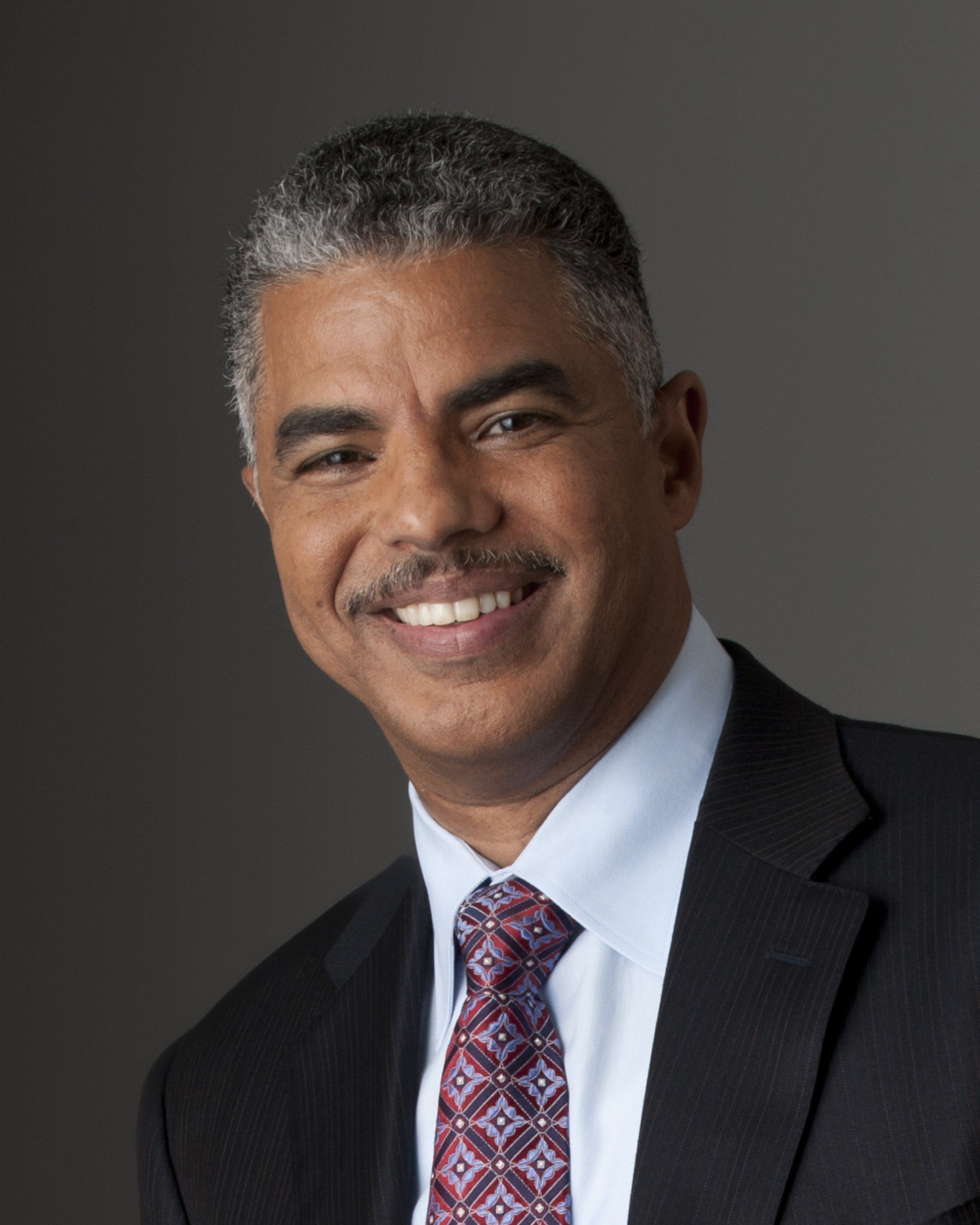

So sad to learn of his passing. Leo hired me to be one of his many statesmen in his last historical documentary. His passion for the actor’s performance was very evident as he directed us, seeking ultimate perfection. He took a few of us out to dinner in DC for a lovely night of remarkable (James Beard) Indian cuisine and insisted on paying the tab. He exuded an energy, a zest for life, layered with an inquisitive and childlike nature. Needless to say, he made us all feel like friends. And that’s how I will always remember Leo.